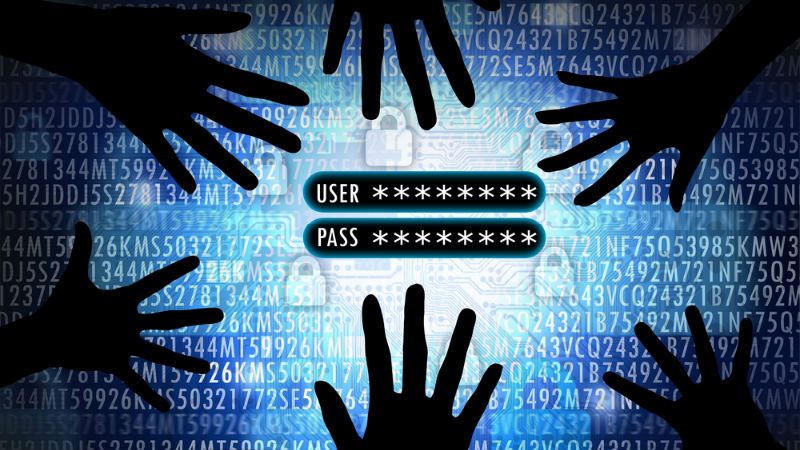Why Passwords Might Be Putting Your Online Security at Risk
In today’s digital age, personal accounts often contain our most confidential information. However, a recent report from Yubico reveals that many individuals continue to rely on usernames and passwords – a method that’s increasingly seen as outdated and insecure.
A staggering 58% of respondents from a global survey of 20,000 people admit to using traditional logins for their personal accounts, while 54% do the same for work-related accounts. Surprisingly, 39% remain convinced that this traditional method is the most secure, with 37% also trusting SMS-based authentication. However, both of these approaches have been repeatedly shown to be vulnerable to phishing attacks.
Awareness of Threats, Yet No Action
Interestingly, despite the belief in the security of these methods, 72% of participants acknowledge that online scams and phishing attempts have become increasingly sophisticated. Even more alarmingly, 66% comment that such attacks have become more successful, largely attributing this shift to advancements in Artificial Intelligence (AI).
As it turns out, the outcome of not securing accounts effectively can be dire. Often, the most commonly compromised accounts are the ones we hold dear, such as those tied to personal and financial information. According to survey results, 44% of social media accounts have been breached, followed by 24% for payment apps, 21% for online retailers, 17% for messaging apps, and 13% for banking apps.
The Training Gap
On top of that, a concerning 40% of respondents have received no cybersecurity training from their employers. And only 27% feel the security options provided by their companies are adequate. This gap highlights a crucial need for better education on online safety measures.
Derek Hanson, VP of standards and alliances at Yubico, emphasizes that organizations must adopt stronger authentication methods that resist phishing attempts and foster a culture of security awareness through consistent employee training.
Bridging the Gap
"Building a unified front against cyber threats requires a concerted effort to bridge the gap between perceived and actual security," he asserts. This integrates advanced security measures into every aspect of our digital lives to enhance protection for everyone involved.
Real-Life Implications
For example, imagine a local boutique that relies on social media for customer interaction. If they use simple passwords without any two-factor authentication, they may find their account compromised, leading to a loss of both customer trust and potentially significant financial damage. By upgrading their security measures, they can preserve their reputation and ensure customer privacy.
Final Thoughts
It’s clear that relying solely on passwords is a risky game in a world where cyber threats are ever-evolving. A proactive approach is needed to safeguard our valuable online assets effectively.
The AI Buzz Hub team is excited to see where these breakthroughs take us. Want to stay in the loop on all things AI? Subscribe to our newsletter or share this article with your fellow enthusiasts.




